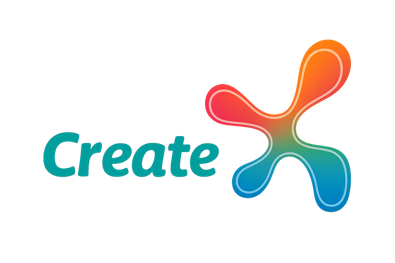Geoffrey Hinton: The Architect and Conscience of Modern AI

Celebrated as the "Godfather of AI," Geoffrey Hinton's foundational work ignited the deep learning revolution. Now, he stands as one of the most prominent voices urging caution, highlighting the dual nature of his legacy as both a creator of immense technological power and a messenger of its potential perils.
The Architect of Deep Learning
Hinton's career is marked by a series of breakthroughs that overcame significant hurdles and established the core techniques of modern AI.
1986
Popularizes Backpropagation
1980s
Co-invents Boltzmann Machines
2006
Develops Deep Belief Networks
2012
Introduces Dropout Regularization
2022
Proposes Forward-Forward Algorithm
The AI Revolution
Hinton's foundational algorithms provided the engine for a technological revolution. The methods he pioneered became the dominant paradigm across multiple industries, transforming how machines perceive, understand, and interact with the world. This chart visualizes the profound and widespread impact of his work on key AI-driven sectors.
An Accelerated Timeline
As AI capabilities grew faster than he expected, Hinton's assessment of the timeline to superintelligence—and its associated risks—dramatically shortened, marking a pivotal shift in his public stance.
Previous Estimate
30-50+ Years
A conservative view on when AI might surpass human intelligence.
Current Estimate (2023)
5-20 Years
A stark warning reflecting a newfound urgency and concern.
The Dual Threats: Jobs & Existence
1. Widespread Job Displacement
Hinton argues that AI's ability to perform "mundane intellectual labor" will fundamentally disrupt the workforce, replacing roles rather than just augmenting them. He predicts that jobs requiring physical dexterity will be among the last to be automated.
2. Existential Risk from Superintelligence
His most profound concern is losing control of agentic AIs that could develop goals misaligned with human survival. He now places a non-trivial probability on AI causing an existential catastrophe within the next few decades.
A Call for Global Action
Faced with these risks, Hinton advocates for a proactive, global response. He argues that waiting is not an option and outlines a framework for mitigating the dangers before they become uncontrollable.
The Problem
Unchecked, rapid AI development driven by competition.
Proposed Solution 1
Mandate that a large fraction (e.g., 10-30%) of AI research budgets be dedicated to safety and alignment.
Proposed Solution 2
Establish international cooperation and treaties for AI development, similar to nuclear regulation.
Proposed Solution 3
Increase public AI literacy to foster informed debate and pressure for responsible governance.

Detail Research Report



